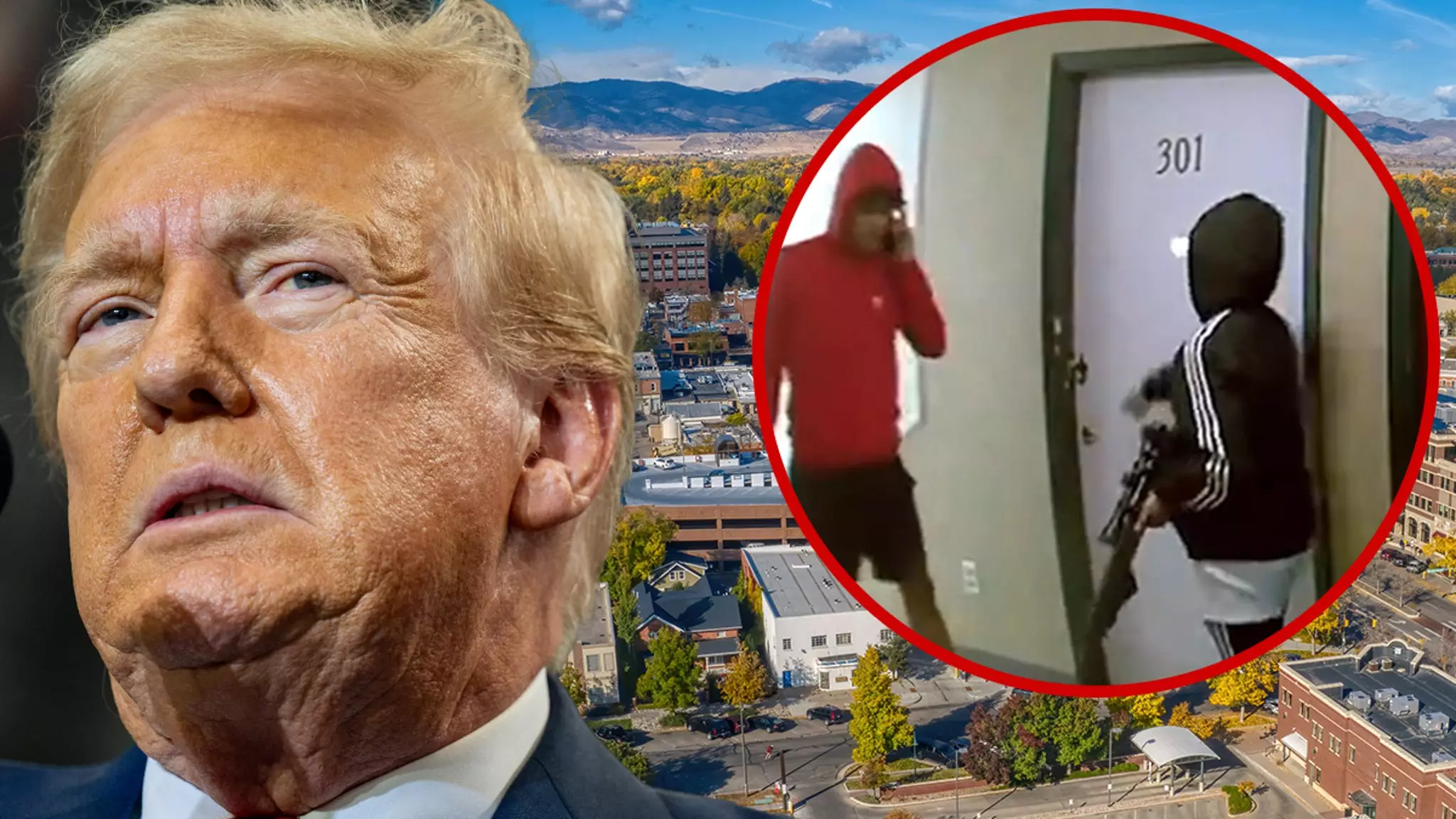The upcoming rally hosted by former President Donald Trump in Aurora, Colorado, has ignited a heated debate among local leaders and residents. As the event approaches, various narratives are emerging, reflecting the community’s multifaceted view on immigration, public safety, and political rhetoric. Councilwoman Danielle Jurinsky, who has been vocal about the city’s gang-related issues, believes that Trump’s visit could draw necessary attention to concerning safety dynamics in Aurora. However, this perspective starkly contrasts with fears that Trump’s rhetoric may exacerbate tensions within immigrant communities, leading to a potential backlash against vulnerable populations.
Councilwoman Jurinsky’s position serves as a pivotal lens through which to understand the community’s predicament. Her comments, particularly those referring to the alarming presence of Venezuelan gang members in the city, underscore a rising concern for public safety. By highlighting the alleged takeover of certain buildings by Tren de Aragua, Jurinsky hints at systemic issues that vary from the broader immigration debate but resonate with residents’ day-to-day experiences. Despite the protestations from Mayor Mike Coffman—who asserts that Aurora can’t be classified as a “war zone”—Jurinsky sees value in bringing awareness to these challenges. She contends that the focus should be on crime and community aid rather than ideological conflicts over immigration.
The contrasting views on Trump’s impending visit reveal a broader societal divide. On one hand, supporters believe that the historically controversial figure is simply shining a spotlight on issues that deserve attention. Conversely, detractors fear that the rally will serve as a platform for incendiary declarations that could alienate immigrant populations further. This duality of opinion among the populace brings to light a struggle for narrative control; where some seek to use Trump’s celebrity for advancing local issues, others dread the potential fallout from his polarizing history regarding immigration.
Mayor Coffman’s decision not to attend the rally—despite expressing his support for Trump—underscores the complexities inherent within the political landscape of Aurora. This could point to a nuanced balancing act that local leaders are performing, where they simultaneously recognize the challenges posed by crime while grappling with the implications of aligning with a figure like Trump. There seems to be a keen awareness among officials that while politics can shine a light on critical issues, it can also cast shadows that may disproportionately impact certain communities.
As Aurora prepares for what promises to be a sold-out event, anxieties within the community remain palpable. Residents and officials alike share concerns about how the rally will unfold and how it might influence local sentiments surrounding safety and immigration. Will the visit indeed elevate critical conversations about community safety, or will it deepen rifts between different demographic groups? As the anticipation builds, it becomes clear that the implications of Trump’s rally may extend far beyond the confines of the event itself, shaping the fabric of the community for months and possibly years to come. The outcome could redefine not only local political landscapes but also the communal fabric that binds this diverse city together.


Leave a Reply